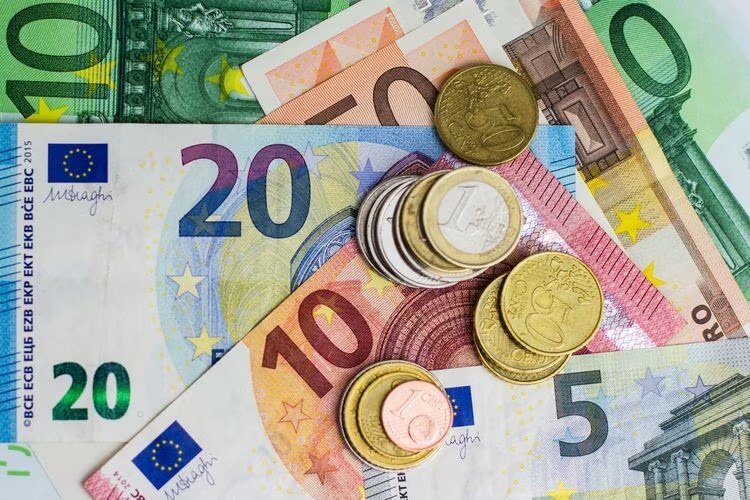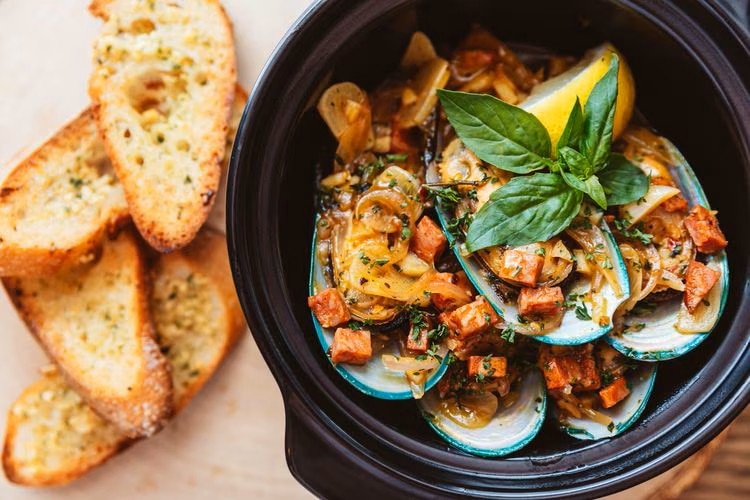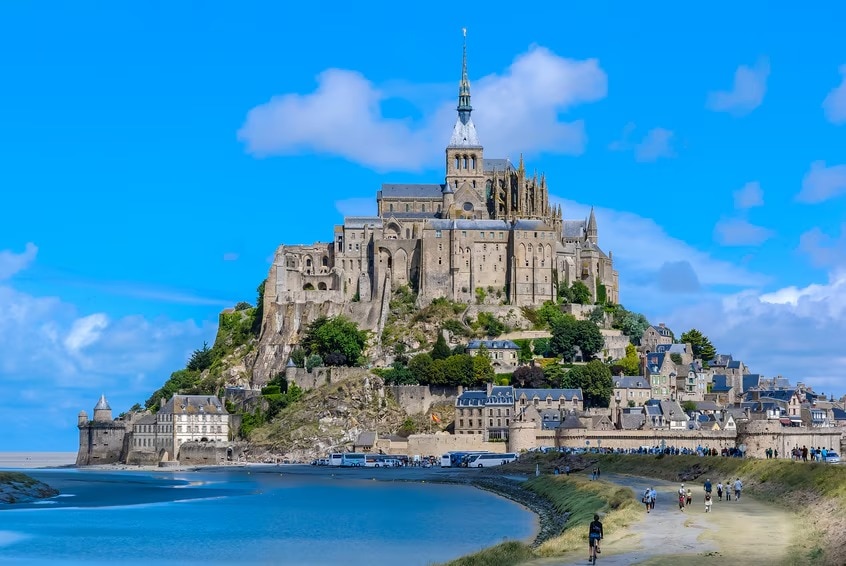-
2026/05/05
New York(JFK) -
2026/05/13
Paris
(Updated: February, 20, 2026 19:07)
France Travel Tips and Information
Official Name
French Republic
Capital
Paris
Population
Country Code
Approximately 68.4 million
FR
Country Code (international calls)
+33
The flight time to France is approximately 8~10 hours. Check the climate, currency, religion, manners, other information of France below. Wishing you pleasant travels to France.
Located in the western part of Europe, France includes a vast mainland and overseas territories. It is the third largest country in Western Europe after Russia and Ukraine.
Compare Airfares for Flights to France
Compare Airfares for Flights to France
Compare Airfares for Flights to France
Compare Airfares for Flights to France
Local Climate / Weather
France experiences four distinct seasons: spring, summer, autumn, and winter, each with unique characteristics that influence travel experiences. ・Spring (March to May) In spring, temperatures range from 10°C to 18°C in most regions, perfect for outdoor sightseeing and blooming landscapes. Light jackets are usually sufficient for warmth, with some rain expected, especially in April. ・Summer (June to August) Summers are warm, averaging 20°C to 30°C. However, it can get hot, particularly in southern areas like Provence and the French Riviera, reaching up to 35°C. Coastal areas remain breezy, while Paris can become crowded with tourists. ・Autumn (September to November) Known for mild temperatures and vibrant foliage, autumn in France ranges from 10°C to 20°C. While early autumn is typically warm, temperatures drop as November approaches. Rain gear is advisable, especially in October and November. Winter (December to February) ・France’s winter is mild compared to other parts of Europe, with temperatures around 0°C to 8°C in most areas. However, regions like the Alps and Pyrenees experience snowfall, making them ideal for winter sports. Coastal areas remain relatively temperate, while Paris can get chilly and occasionally see snow.
Currency & Tipping
Currency
Travelers planning a trip to France, understanding currency and tipping practices can enhance their experience. France uses the Euro (€), with coins in denominations of 1, 2, 5, 10, 20, and 50 cents, as well as €1 and €2. Paper bills range from €5 to €500. ATMs are readily available throughout France, and most establishments accept major credit cards, but carrying some cash for smaller vendors or markets is advisable.
Tipping
Tipping in France is more modest compared to other countries, as a 15% service charge ("service compris") is usually included in restaurant bills. However, leaving an extra 5-10% is a considerate gesture if the service was exceptional. Tipping for other services, such as taxis or hotel staff, is typically optional; rounding up the fare or leaving €1-2 is appreciated but not required. By understanding these practices, travelers can confidently navigate payments and tipping in France, ensuring a smooth and enjoyable stay.
Useful Travel Information

Voltage & Electrical Outlets
France operates on a 230V supply voltage and 50Hz frequency, using Type C and E outlets. Filipino travelers should pack a universal travel adapter if their devices have different plug types (Type A or B) or different voltage ranges. Many modern devices are dual-voltage, but double-check to ensure compatibility.

Internet Connectivity
France has a robust internet infrastructure, with Wi-Fi widely available in hotels, cafes, and public places. For mobile connectivity, consider getting a local SIM card from popular carriers like Orange, SFR, and Bouygues Telecom. Each provider offers data plans and coverage that work well across France. SIM cards are available at airports, retail stores, and kiosks in major cities, and prepaid plans often include ample data for international travelers.
Water for Consumption (Drinking Water)
Drinking water in France is generally safe and clean. Tap water is drinkable in most cities and regions, including Paris, where the municipal water is treated to high standards. For travelers who prefer bottled water, many varieties are available, including sparkling and mineral options.
Culture, Religion & Social Etiquette
Culture
France is renowned for its rich cultural heritage, which combines historical art, music, fashion, and cuisine that have influenced the world. Travelers will find a vibrant tapestry of culture throughout the country, with each region offering unique experiences—from Parisian cafes and art galleries to the picturesque countryside of Provence and the wineries of Bordeaux. France is known for its joie de vivre or joy of living, emphasizing the enjoyment of life's simple pleasures, like leisurely meals and time spent with family and friends. Traditions in France revolve around family, art, and festivals, with major celebrations like Bastille Day (France’s Independence Day), Christmas, and various regional festivals showcasing the country's lively customs. Travelers can immerse themselves in these traditions by visiting local markets, tasting French cuisine, and joining seasonal celebrations.
Religion
France is predominantly secular, with a long-standing separation between church and state. While Roman Catholicism has historically been the largest religion, today, the French population embraces a diverse range of faiths, including Islam, Protestantism, and Judaism, as well as a significant non-religious segment. Catholic heritage is still visible in France's famous cathedrals, such as Notre-Dame de Paris and Sacré-Cœur, which are popular tourist sites that also hold historical and architectural significance. Visitors of all beliefs are welcome to respectfully observe French religious sites and practices.
Social Etiquette
French manners are rooted in respect and courtesy, and understanding a few key cultural norms can enhance the travel experience. Greeting others with a polite "Bonjour" (Good day) upon entering a shop or starting a conversation is expected and considered a sign of respect. The French tend to value personal space and can be more reserved, so maintaining respectful boundaries is appreciated. When dining, table manners are important; it’s customary to keep hands visible on the table (rather than on your lap) and to wait until everyone is served before beginning to eat. Tipping is not obligatory, as service is usually included in bills, but leaving a small gratuity is always appreciated. Additionally, the French often engage in passionate discussions, especially about art, culture, and politics, and while travelers can join these conversations, it’s best to avoid overly personal topics unless invited.
Food Culture
French cuisine is a rich and varied culinary experience that captivates travelers from around the world. Known for its elegance and refined techniques, French food culture embraces fresh, high-quality ingredients and a deep appreciation for flavor. An introduction to French cuisine reveals dishes like coq au vin, beef bourguignon, and escargot, which showcase traditional methods and flavorful ingredients. Pastries and desserts are also central, with favorites such as croissants, éclairs, and the delicate macarons found in patisseries all over France. For travelers, the flavors of French cuisine offer a delightful journey into savory and sweet tastes, made even more enjoyable by France's dedication to presentation and pairing. Street food in France is also worth exploring, particularly in cities like Paris and Marseille. Among the must-try street foods are crêpes, available in both sweet and savory options, and often filled with chocolate, cheese, or ham. Another popular option is the "sandwich jambon beurre," a simple but iconic baguette filled with ham and butter. This affordable yet satisfying snack can be found at many local bakeries and street vendors. For seafood lovers, especially in coastal regions, France offers a range of fresh seafood-based street dishes, including oysters and mussels, usually served with a slice of lemon and a sprinkle of sea salt. Travelers should not miss out on dining at local French restaurants that specialize in regional cuisines. In Paris, iconic spots like Le Procope, one of the oldest cafés in the city, and La Petite Rose des Sables, a cozy eatery known for its authentic dishes and warm ambiance, are highly recommended. For those exploring Provence, restaurants like L'Atelier de Jean-Luc Rabanel in Arles serve dishes crafted with seasonal ingredients. Wine culture is deeply rooted in French dining, and wine pairings are a common feature in most meals. Many local bistros and brasseries offer set menus, allowing travelers to sample various courses that highlight the unique flavors of the region. Overall, French food culture offers travelers a chance to explore world-renowned cuisine, from elegant fine dining to vibrant street food scenes. This culinary journey across France will reveal the country's dedication to taste, artistry, and tradition, providing a memorable experience for food enthusiasts and casual travelers alike.
Major Tourist Attractions & UNESCO World Heritage Sites
Major Tourist Attractions
France offers an unparalleled blend of historical landmarks, scenic landscapes, and world-class cultural experiences, making it a top destination for travelers seeking adventure, relaxation, and exploration. From iconic monuments to picturesque countryside villages, here’s your ultimate guide to the major tourist destinations and UNESCO World Heritage Sites that should be on your must-visit list.
UNESCO World Heritage Sites
The capital city, Paris, is home to many of the world’s most famous landmarks, including the Louvre Museum, Arc de Triomphe, Eiffel Tower, Notre-Dame Cathedral, Musée d'Orsay, and Sacré-Cœur. Although France is a highly centralized nation, its tourist destinations are spread throughout the country beyond the capital. Notable attractions popular with Japanese visitors include Mont-Saint-Michel, located at the base of Normandy; Bordeaux, a major wine-producing region; the Mediterranean resort cities of Nice and Marseille; and Strasbourg, located along the Rhine River.
Travel FAQs
When is the cheapest time to travel to France?
The off-season for travel to France is typically January to February, which makes it a more affordable time to visit.
How safe is France? What should I be careful about?
In popular tourist areas and on public transport like trains, pickpocketing and scams targeting travelers are common. Avoid walking alone at night and carrying large amounts of cash. Additionally, protests may disrupt transportation, so it’s wise to stay informed about local events.
Are public restrooms in France paid?
Public restrooms in France are generally paid facilities, especially those located in city streets, stations, airports, and tourist areas. Fees typically range from €0.5 (approx. PHP 30) to €1.5 (approx. PHP 90), depending on the location. Department stores and restaurants tend to have cleaner facilities than tourist sites.
Is English spoken in France?
While English is commonly understood at major tourist spots and hotels, French remains the official language. Outside tourist areas, English may not be widely spoken, so knowing some basic French phrases can be helpful.




